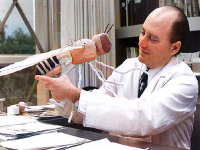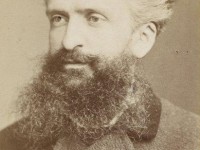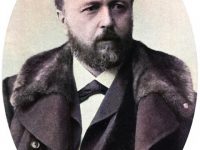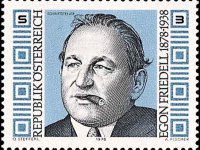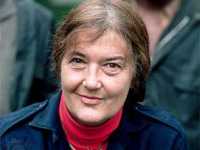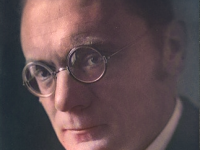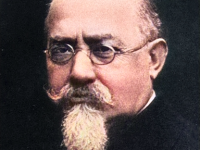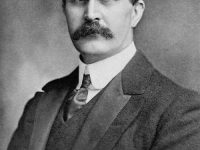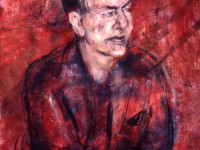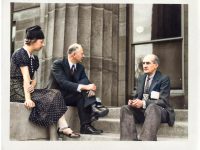Seymour Benzer and his Experiments in Behavioural Genetics
On October 15, 1921, American physicist, molecular biologist and behavioral geneticist Seymour Benzer was born. Benzer is known for having developed a method for determining the detailed structure of viral genes. He coined the term cistron (1957) to denote functional subunits of genes. He also did much to elucidate the nature of genetic anomalies, called nonsense mutations, in terms of the nucleotide sequence of DNA, deoxyribonucleic acid. Seymor Benzer – Early Years Seymour…
Read more

